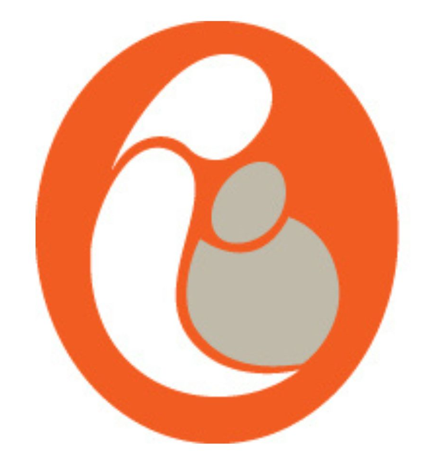Public Health Messaging
Explore Our Projects
In perinatal health, clear and accessible messaging plays a crucial role in promoting healthy practices during pregnancy, childbirth and the post-partum period. Using evidence-based strategies, we strive to empower and inform healthcare providers, expectant parents, and communities with accurate information on antenatal care and postpartum care and health habits. By disseminating reliable guidance, we contribute to informed decision-making, ultimately fostering healthier pregnancies and improved outcomes for both mothers and newborns. Explore our initiatives that canter on the influence of public health messaging, driving positive change and ensuring a healthier future for all.
- Recommendations produced in reports
- Finding dissemination strategy: social media, lay summaries, infographics, videos.
- Specific projects.
Facilitators and barriers to adopting sleep position recommendations during pregnancy
Read more about the project or participate in the survey
- Pregnancy and childbirth are often a positive and fulfilling experiences, however for many women ill health and complications can arise. Some sleeping positions have been associated with certain complications. However, we have no evidence as to whether this link between sleep position and certain pregnancy outcomes is well known amongst the pregnant population.
- This study will help us understand what the level of awareness regarding sleep position and pregnancy outcomes is in women who have recently had a baby, and what are the supports needed to encourage women to follow recommendations.
The RELEVANT Study - Phase 2
About
- Stillbirth, a tragic outcome, can sometimes be prevented by addressing risk factors like smoking, alcohol use, illicit drugs, maternal weight, inadequate prenatal care, and sleep position
- This study represents Phase 2 of the RELEVANT project, which builds upon Phase 1, a PhD project funded by Science Foundation Ireland. Led by Tamara Escanuela Sanchez, Phase 2 of the RELEVANT Study is supported by the National Perinatal Epidemiology Centre in collaboration with the Pregnancy Loss Research Group.
Socioeconomic Deprivation as a Risk Factor for Stillbirth: A case-control study
Socioeconomic deprivation as a risk factor for stillbirth: a case-control study
About
- Studies show that socioeconomic deprivation can have an impact on pregnancy and neonatal health. Socioeconomic deprivation refers to the level of disadvantage experienced by a person or their community, considering their economic and social well-being such as the age of the population, educational attainment and employment rates, among others.
- A deprivation index tool measures how disadvantaged an individual is based on the characteristics of the area they live in. This research will study the impact that socioeconomic deprivation can have on the risk of stillbirth (a baby born without signs of life).



-1.png)